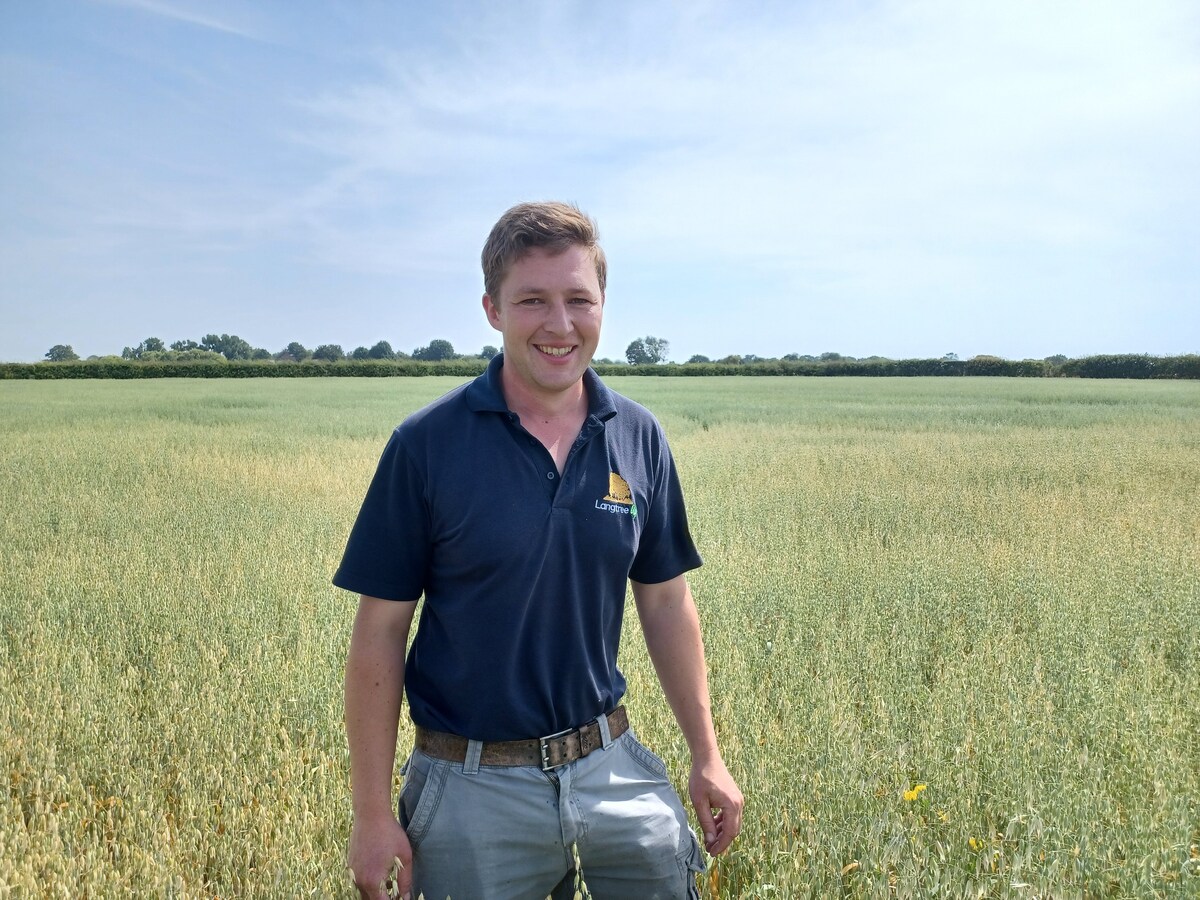Research from the trip will be fed into Tudi which is a Horizon 2020 project that aims to develop, upscale and popularise soil healing strategies in three major agricultural systems and farm typologies across Europe, China, and New Zealand. The Tudi acronym stands for: Transforming Unsustainable management of soils in key agricultural systems in the EU and China. Developing an integrated platform of alternatives to reverse soil degradation.
James and the Lancaster University team were hosted by Turin University and visited the Po Valley between July 4 and July 7.
He said: “There was a specific focus on what the trial farms were doing to reduce the risk of soil erosion whilst improving soil health. We talked a lot about cover cropping and increasing organic matter content. We witnessed big expanses of land that was bare in the Po Valley as a result of erosion. It was clear the Italians are already facing big issues connected to climate change.”
James, who has been a part of the NFU’s Cereals Development Programme and recently joined the NFU North West Combinable Crops Board, received the invite to travel to Italy from NFU Lancashire County Adviser Liz Berry.
He grows cereals on 70 acres of land at Langtree Old Hall Farm in Standish.
“I’m trying to change the techniques on our farm to improve the quality of our soil,” added 34-year-old James who runs the farm with the help of his father.
“This was the perfect opportunity for me to pick the brains of leading academics in this field and off the back of that some of the Lancaster University scientists will be collaborating with me at Langtree. Their research from my farm being fed into the larger body of work they are undertaking for the wider project.
“I’m planning on building up the soil organic matter to improve its resilience and reduce inputs. Last year we cover-cropped the whole farm and asked a neighbour to graze the crops off ready for spring sewing. This worked really well. I’m now working with other local livestock farmers setting up muck for straw agreements. I have been doing this for the last five years.
“We’re lucky in the North West to have direct access to so many livestock farms and should take advantage of what’s available on our doorstep. Arable farmers operating in the east of the country don’t have this opportunity.”
One of the standout innovations that impressed James when in Turin was a cup system that created micro-dams when creating potato ridges. The research from Austria showed that creating mini dams with mounds of soil in the ridges reduced soil erosion and water pollution from run off by 89%, a huge problem in fields of potatoes which have no canopy when the crop is establishing itself.
